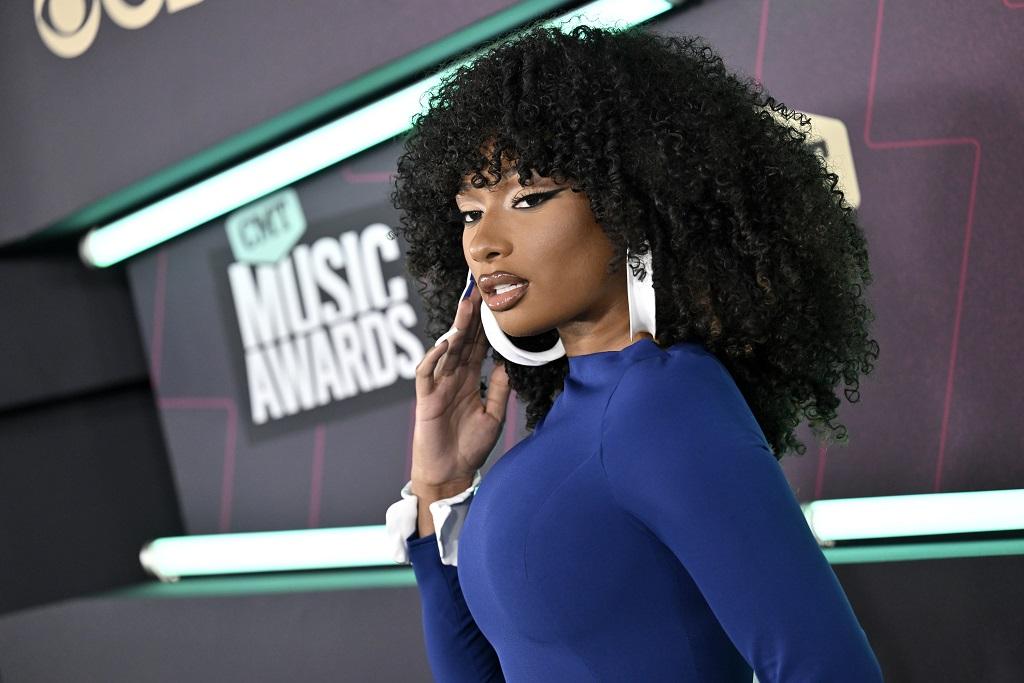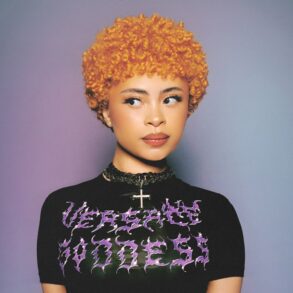
Last week, America celebrated the 50th anniversary of hip-hop. Anyone could find their pick of perspectives on the genre, as well as dozens of concerts, festivals, and other events across the country. Amidst the celebration, another headline broke: Daystar Peterson, the rapper known as Tory Lanez, was sentenced to ten years in prison for shooting Megan “Thee Stallion” Pete.
In 2020, Pete and Peterson were leaving a party at the home of Kylie Jenner when Peterson threatened and shot Pete. She underwent foot surgery and later identified Peterson as the shooter. He was charged in 2020, but what followed was a smear campaign, with heavy doses of slut-shaming and misogynoir. Peterson faced a maximum sentence of almost 22 years.
As much as the American justice system has continuously let Black people down, it reserves particular scorn for Black women, ignoring and often downplaying their pain. Peterson’s sentencing provides a rare form of justice for a Black woman. And it closes the chapter on a contentious case that has at every corner illuminated the widespread disrespect for Black women.
In remarks after the conviction, prosecutors noted how, for three years, Ms. Pete has dealt with “repeated and grotesque attacks” and “unjust and despicable scrutiny that no woman should ever face,” often made worse by Peterson’s public handling of the case. He has denied responsibility for the shooting, redirected blame back at Pete, and violated court orders to stay away from her—even attempting to rush her while onstage. People have questioned Pete’s motives, her character, and her integrity, as well as drawing out the trauma in a public setting.
The sentencing coming in the midst of the 50-year anniversary of hip-hop could not be more appropriate. Hip-hop owes so much to Black women. Going all the way back to Sylvia Robinson, producer of what’s credited as the first hip-hop record release in 1979 with the Sugar Hill Gang’s “Rapper’s Delight,” Black women have provided limitless inspiration for the genre’s style, vocal talent, subject material, and technical and business savvy. In turn, the genre has often been a source of support and refuge for Black female artists like Roxanne Shante who found their truth in hip-hop and pioneered a new way of speaking out.
Despite their importance to the music and the culture, Black women have had a hard time garnering the appreciation and respect they deserve within the genre and the broader culture around it. Their contributions have often been underrepresented.
The culture has also harbored abusers of Black women. A record of violence against Black women is not regarded as high-priority, or enough to withdraw support. Robert “R” Kelly was able to skirt criminal repercussions for decades, despite numerous highly publicized instances of sexual predation on Black women. Chris Brown has had a complete redemption arc after his highly publicized assault on Rihanna, despite a continued pattern of violence against women. Dr. Dre’s numerous domestic violence allegations have only recently begun to touch his philanthropic persona.
This is as true in hip-hop as it is in broader society: There are thousands of missing Black women across the country, with minimal resources dedicated to their safe return, and even less of a national sentiment that it is an issue at all. The social discredit and the low priority within the justice system has meant many Black women have not and will never see justice.
Further, Black women are victims of gun violence at rates higher than the next woman. The Guardian reported that, in 2020, the homicide rate for Black women increased by 33 percent, with three-quarters of that percentage due to gun violence. Peterson’s sentencing is a reminder that American society’s blasé embrace of gun culture can have real consequences.
As others have pointed out, the response to Pete’s story, with its slut-shaming and victim-blaming, is indicative of what many Black women go through when they report abuse. People are quick to disparage a Black woman who holds a man accountable, or add skepticism where the situation does not call for it. It’s what Rihanna went through, what Tina Turner went through, and what countless other Black women have gone through in less publicized cases. In Turner’s case, the abuse was so prominent: “Eat the cake, Anna Mae,” a reference to a real moment of abuse Turner faced, is often thrown around without any consideration as to how it makes Black women’s pain the brunt of a joke.
As conservatives disparage hip-hop and rap’s “glorification” of violence, they conveniently leave out that the most common victims are Black women. It is this culture that emboldened a man to, in a drunken stupor, shoot at a woman’s feet five times and tell her to “dance, bitch.” This is a culture where the act of shooting a woman can be dismissed as a jealous tirade, or a punishment for promiscuity, rather than an act of unnecessary violence.
For 50 years, hip-hop has built Black women up with one hand and torn them down with another. The price of entry and respect has been too high, marred by gendered violence, violence that mimics the way broader culture disregards Black women. As the silencing of women and the acceptance of abuse goes out of style, so should the quick dismissal of Black women’s pain. When it does, women will partially have Megan Thee Stallion to thank for it.






